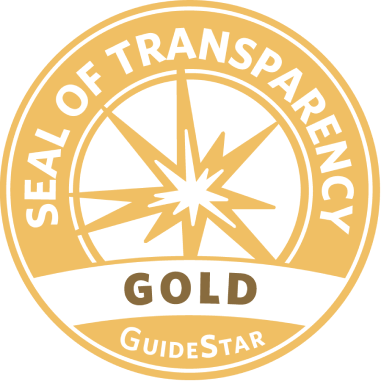In the last ten years, the number of asylum seekers has surged by over 160%, with projections estimating that more than 120 million people will be forcibly displaced by the end of 2025. But these are not just statistics. Behind each number is a name, a memory, a mother, a daughter, a girl who dreams of being safe.
According to the UN, 51% of the global refugee population are women and girls. Yet their needs remain the most overlooked during humanitarian crises. One in every five forcibly displaced women is subjected to sexual violence. And that’s just what’s reported.
What’s often left unspoken is the constant discomfort and dysregulation they face from living in crisis zones, where menstruation doesn’t stop, but privacy and hygiene do. Imagine being a young girl without access to clean water, proper supplies, or even the basic dignity of privacy—while dealing with fluctuating hormones, chronic illnesses, or the psychological toll of displacement and trauma.
At OMID Foundation, we refuse to turn away from these realities. We see these women. We listen. And most importantly—we act.
Our commitment extends far beyond emergency relief. Our trauma-informed, culturally rooted programming—developed by leading psychologists and educators—is designed to support long-term healing and transformation.
Our approach is evidence-based, ethically grounded, and deeply holistic. We walk with our girls—not ahead of them—as they rise with courage and shatter the ceilings built to contain them.
Many of the women and girls we serve have endured layers of trauma—from sexual and physical violence to psychological exploitation and systemic erasure. Yet they continue to rise.
Through art therapy, education, mental health care, empowerment sessions, and community-led initiatives, we meet them where they are and help them move forward. We provide concrete tools and restorative resources that allow survivors to reclaim their autonomy, rebuild self-worth, and rediscover the power of their own voices.
In recent months, tens of thousands of Afghan refugees—many of them women and children—have been forcibly deported from Iran, returning to a country still gripped by instability, poverty, and the repression of women’s rights. For many, Iran was the only place they had ever known as home. The deportations have not only stripped them of safety, but have also shattered already fragile support networks, leaving them exposed to renewed trauma and systemic discrimination. These women are not numbers in a report—they are lives interrupted, voices silenced, and futures put on hold. At OMID, we believe these stories must be heard, and these women must be seen.
The Iranian and Afghan communities, in particular, share a complex history of displacement. Afghanistan has long been a source of refugees, many of whom have sought safety in Iran, one of the primary host countries. Yet today, both nations are entangled in overlapping humanitarian crises:
- Weak economic systems
- Deeply entrenched gender apartheid
- Widespread human rights violations
- Institutionalized violence against women and marginalized groups
- A sharp decline in international aid and access to healthcare
We cannot overlook the geographic privilege many of us are born into—privilege that determines whether we can pursue an education, access a hospital, or even just speak our minds without fear. For so many women, especially in refugee settings, these are rights still out of reach.
But we also witness something else—resilience. We work with courageous trailblazers every day. Women and girls who have been subjugated, silenced, and displaced, yet who still rise—who still hope. They remind us that seeking asylum is not a crime—it is a human right.
Our team knows that freedom is not just the right to move—it’s the right to speak, to heal, to create, and to exist without fear. And in a world where temporary shelters are standing in place of homes, and chronic underfunding threatens the future of humanitarian work, we must continue to show up—for them.
Because refugees are not burdens—they are trailblazers. They are educators, doctors, engineers, artists, caretakers, leaders and more. They are women who deserve to take up space.
At OMID, we believe hope isn’t a luxury—it’s a necessity. And hope looks like action. It looks like ensuring a girl has clean water and a safe place to sleep. It looks like donors who understand that their support is not charity—it’s solidarity.
So if you’re reading this, let this be your invitation. Stand with us and contribute to our fight for a world where every woman and girl, no matter where she’s from or what she’s survived, can finally live a life that’s hers.
Support OMID. Support the future of women.
Read more about how we provide mental health care to displaced women

